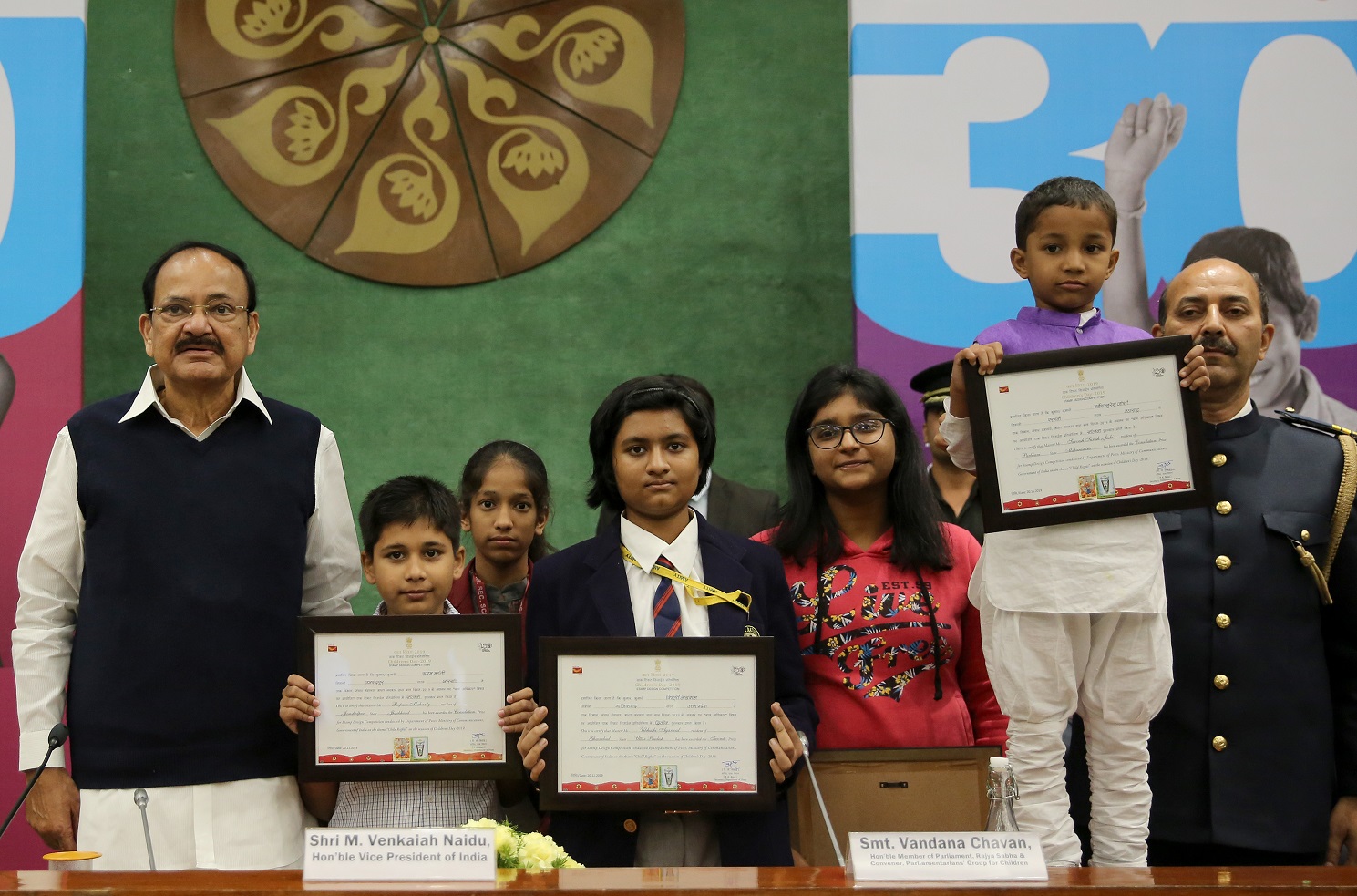
The Dialogue, a New Delhi based independent think-tank, submitted their response to The Ministry of Health and Family Welfare (MoHFW) on the The Prohibition of Electronic Cigarettes (Production, Manufacture, Import, Export, Transport, Sale, Distribution, Storage and Advertisement) Bill, 2019 (“Bill”). India is currently facing the challenge of dealing with 100 Million + smokers, the second highest number in the world. The economic burden placed on the country due to diseases rising from the constant use of tobacco is equivalent to approximately $27.93 billion, which is approximately 1 percent of India’s GDP.
The submission was made as part of the consultation by the government inviting stakeholders to share inputs. In response to the issues raised in the Bill, The Dialogue has recommended regulation, instead of an overarching ban on e-cigarettes. The primary objective behind this is to facilitate ‘harm reduction’ for smokers who are seeking alternate options to combustible cigarettes. Regulation is also a unique opportunity for India to not only battle the public health challenge brought on by cigarettes, bidis and other tobacco products, but is also a way to pave the path towards introducing a new sector in the Indian economy. It will not only provide complete control to Government on the sale and purchase of e-cigarettes, but also boost employment, enhance exports and potentially bring down India’s economic burden on account of tobacco consumption.
It has been strongly recommended that the regulation of the sector be done by first and foremost creating a special committee for fair evaluation of the subject matter. It has also been recommended that the government encourage the inputs of experts from other countries, who have previously conducted primary research on the subject matter with a view to frame an evidence based policy. It has also been proposed that the revised legislation define certain standards, which have to be satisfied for an electronic cigarette to be approved for sale, distribution and allied activities similar to those adopted by 70 developed and developing countries.
Most importantly, it has been recommended by The Dialogue that the quality standards that are defined under the proposed amended legislation, be incorporated separately and include the manner of conducting quality checks, giving approvals or rejections etc. There should be an option to build on these standards by way of delegated legislation. Currently there is only a carve out for products approved under Drugs and Cosmetics Act 1940 (DCA) but this is in stark contrast to the position adopted by two different High courts, which had earlier ruled that these products are prima facie not “Drugs” under the scheme of DCA.
The Dialogue has also suggested that the minimum standards must clearly provide for the manner of appropriate packaging and labelling so that consumers are fully aware of the risks associated with the same. Other recommendations mention allowing trading of only approved devices, implementing a strict age limit on the usage and sale by authorised vendors only. This would not only help create a strict model framework for a new category but will substantially diminish risks of mushrooming of black marketeers who deal in dangerous and spurious products.
Kazim Rizvi, Founder of The Dialogue states that “The healthcare challenges facing India today due to tobacco related illnesses is immense. E-cigarettes are a viable option for adult smokers to significantly reduce the harm being caused due to tobacco related diseases. We hope that the government will reconsider the Bill and not deprive millions of smokers with a viable harm reduction solution. A state of prohibition will only exacerbate risks associated with e-cigarette use i.e. counterfeit products, youth access etc.”
";

